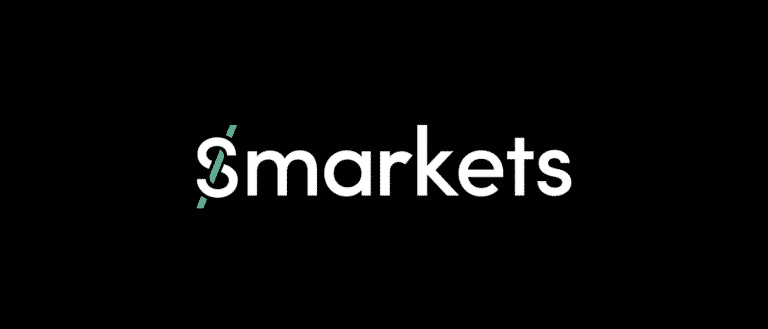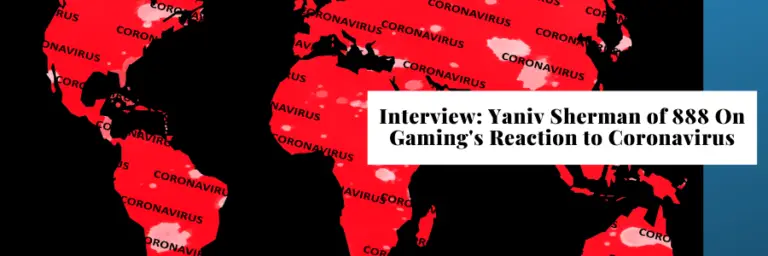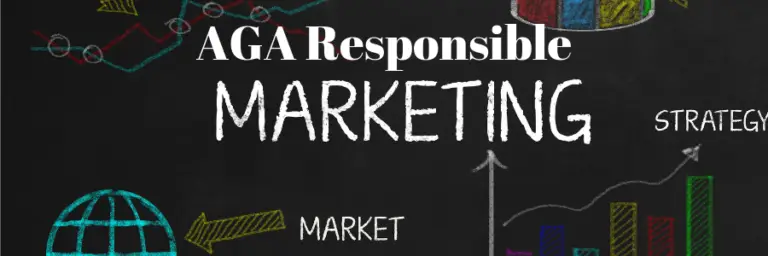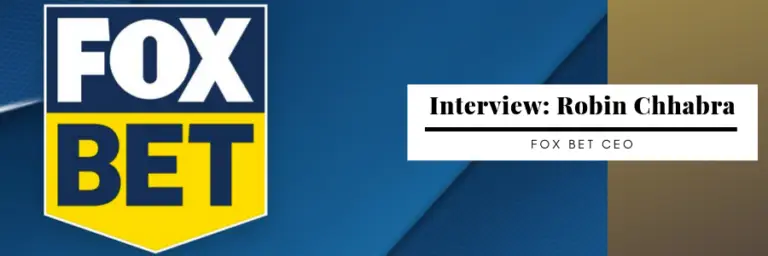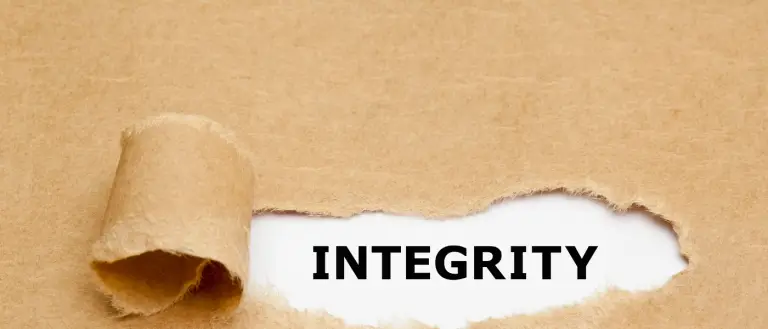Interview: US Integrity Sports Betting Course at Ohio University
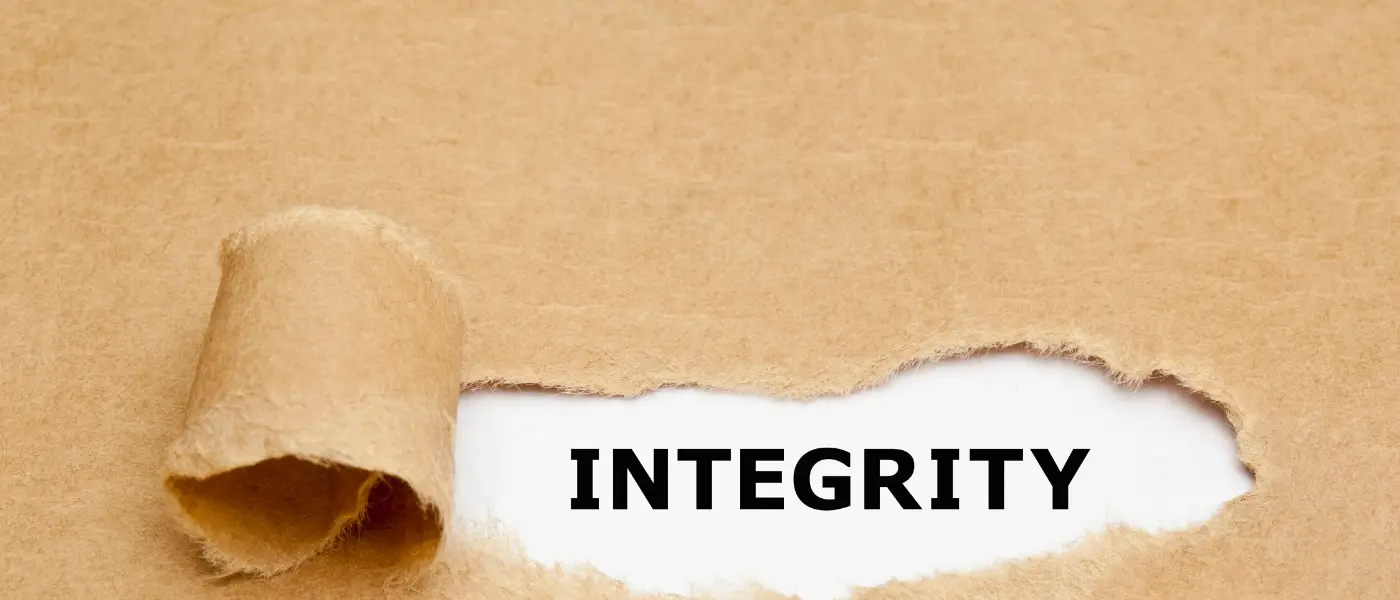
This is the second installment of our two-part interview with Matt Holt, founder and CEO of U.S. Integrity. In Part 2, Matt discusses the new sports gambling education course the company has established in conjunction with Ohio University.
Part 1 of this interview is available here.
Launched in 2018, U.S. Integrity is a sports betting integrity company that uses a three-pronged approach that involves: intelligence and monitoring, investigation, and education.
U.S. Integrity recently teamed up with Ohio University to offer a three-course sports gambling education program. U.S. Integrity’s Matt Holt spoke with Betting USA about the course, which is now available online.
Here’s what he had to say.
The Need for Sports Betting Education
Steve Ruddock: You recently teamed up with Ohio University to launch a sports gambling education course. Could you describe how the course came to be?
Matt Holt: Because the industry’s so new, one of the things we consistently run into, whether at the league level, the regulator level, and even the operator level, is people don’t really know a lot about sports betting. That is especially true at the collegiate level, where they’ve been told to avoid it at all costs, or it’ll kill your career, even if you participate in a March Madness bracket.
So we understood companies like Budweiser and Pepsi who were entering this from an endorsement and corporate sponsorship standpoint; teams that have to sell corporate sponsorships with stadiums and arenas; and all of the players, coaches, and collegiate administrators that are involved have questions. How do they protect student-athletes? How do they do better policies and procedures to make sure player injury announcements are handled properly and their referee assignments are handled properly?
So, we saw that there was a huge need for education in the space.
Imagine any industry where the projections are that by 2025, it’ll be a $250 to $350 billion regulated industry in the United States. That means that there’s going to be tons of jobs, whether it’s legal, marketing, corporate sponsorships, integrity, risk management, or betting. And there’s not really very many ways to get a good education on sports betting. So we thought there’s certainly a demand for the course across a wide magnitude of people and professions, and who better to partner with than Ohio University. They were an obvious partner for us.
How Has the Sports Gambling Course Been Received?
Steve Ruddock: What has the early feedback been from participants in the sports gambling course?
Matt Holt: So far, everyone that’s participated in the course and received a certificate has given us raving feedback. We’re excited about courses two and three, and where we could potentially take it from there. We’re hoping to create a more educated workforce that in three years can deal with integrity issues at their company, or they’re the compliance director in charge of player safety or player education. People that understand why this bet was suspicious; why the referee is a more significant risk than the players; and why player safety is suddenly a different issue now than it was before regulated sports betting.
There’s also a lot to grasp from a collegiate administration and from a sports administration standpoint that people just never had to deal with prior. And we thought this course offering was the perfect way to fill that void. There really is a massive hole, and there needs to be more education in the space, and we thought Ohio University and U.S. Integrity were the perfect partnership to provide that.
The Target Audience
Steve Ruddock: Who has been signing up for the sports gambling course?
Matt Holt: It’s been more widespread than we thought. We thought we would see a wave of regulators and collegiate administrators, whether it’s compliance, athletic directors, student affairs, whatever it is. But they’re probably only making up about 15% of people that have enrolled.
We’re seeing a lot of people that are interested in transitioning into the industry. People that currently work in banking, financial services, marketing, corporate sponsors, sponsorships, we had somebody from a company that sells memorabilia that was interested in transitioning into sports betting. Before they can make that transition, they really need to have some education.
And we think the certificate is going to help when they go to a potential employer and are asked, what experience do you have in sports betting? 95% of people’s response is going to be none, because what opportunities have there been to get that experience. Being able to say, I completed this course from Ohio University and U.S. Integrity, and I have this certificate. Having the credibility it does, we have to imagine that’s going to mean something, not only in terms of employers’ desire to hire people but in that employee’s ability to turn around and handle some situations.
Filling Positions with Qualified People
Steve Ruddock: It seems to me that as sports betting continues to spread, there is likely going to be a shortage of qualified workers that have the proper experience to spot abnormalities. Is the course something you could recommend to an operator preparing to open a sportsbook?
Matt Holt: 100%. Let’s say you’re opening a sportsbook in Indiana right now, maybe, maybe you can find a qualified head of risk management who has some prior experience in sports betting and managing sportsbook risk at the regulated sportsbook level. But at the end of the day, the staff he hires is most likely going to have zero experience. Your ticket writing staff is unlikely to have the requisite experience to draw on. Your compliance and legal folks are very likely to have little experience.
So, we offer people massive discounts for people that participate in big groups. And if you’re an operator basically in any state outside Nevada, you’re going to have a hard time putting together an experienced staff. The idea of educating your staff is critical.
That can save a company millions of dollars down the road. Fewer compliance issues, understanding the terminology, understanding why something is suspicious, or better ways to market their products. I think there are so many benefits to operators, regulators, collegiate administrators, and then just a wide array of people that are looking to enter the space and are being forced to enter the space because their companies suddenly are. And they know that they’re going to be able to do their job better if they’re educated on the industry.
Increased Sports Betting Necessitates Experienced Employees
Steve Ruddock: I’m thinking back to the early days of New Jersey and the early growing pains that happened there, specifically the palpable error that led to a crazy line in a Broncos game.
Matt Holt: Oh, yes. The guy bet around $100 to win something like $86,000. The ticket taker wasn’t educated enough to know just by looking at the odds that those were wrong. It takes experience and education to know that. “Hey, I see these odds, and without even knowing anything about the event at that certain time, I know that can’t be right. So, let me go ahead and make sure I take that down or make an adjustment.”
And we saw lots of snafus. They were offering strange juice. They would take bets on futures market and not adjust the other prices. There’s just a lot of things, a lot of growing pains that we saw in New Jersey, Pennsylvania, and some of these early adopter states, because they weren’t able to get educated staff, and they were learning on the fly and in a highly regulated environment. We’re hoping that by providing affordable, best of breed education services, that we can help alleviate some of the issues that people deal with right out of the gate.
The Overlooked Aspect of Player and Referee Safety
Steve Ruddock: Circling back to the player safety issue in the newly legal sports betting environment. What aspects of the course would benefit a college trying to explain the new-normal to their student-athletes? And how does a school go about educating these athletes about sports betting and how it might impact their interactions on social media or campus?
Matt Holt: Great question. We actually made sure we got guest lecturers for the course that had a strong understanding of this, like Bob Boland, the athletics integrity officer at Penn State, the only such officer at a college throughout the entire country. He was given that title due to the Sandusky issues at Penn State, but now it’s a sport betting related position, and he lectures on that exact topic you raised during the course. With sports administrators, student affairs coordinators, and overseers of these universities are responsible for the safety of these student-athletes. Now they have to change policies and procedures, and coaches and their entire staff need to know that just winning or losing isn’t good enough anymore. If your team fails to cover the spread, there’s going to be social media backlash.
These student-athletes are going to be sitting in classrooms with other students legally able to place a wager, and who may have placed a legal wager on that team. What is the experience going to be for that student-athlete sitting across from other students who placed wagers and lost?
The coaching staff and the student affairs folks must be speaking to the student-athletes. If you receive any type of threat, this is where you go. If people are pressuring you to do things, this is who you tell. Be aware that if you go on social media after not covering the spread, it could turn into a cesspool.
If you’re in your classroom environment, how do we make these kids feel comfortable the next day after he misses a couple of free throws that cost the spread in a high profile game?
What to Expect from the Sports Betting Education Course
Steve Ruddock: And finally, could you provide us with an overview of the rest of the program?
Matt Holt: It’s a three-course program, and you get a certificate after each course, and then you get another certificate if you’ve completed all three. The first course is sort of an intro. What is game integrity? Everybody always thinks of match-fixing, but they don’t always think of the player and referee safety, the misuse of insider information, and all of the different items that we have to track —fraudulent activity by sportsbooks or sportsbooks offering wagers that are unfair to the consumers. So, the first course is meant to be an introduction to integrity. What is it? How does it actually work across the country?
And then, as the courses go on, it’s meant to get more granular and more in-depth as you move to Course 2 and 3. How exactly do you build better policies and procedures for player safety? What data is critical for real integrity? How does it effect corporate sponsorships, and what are the opportunities? How does media monetize sports betting, and what are some opportunities in the future for it?
So it starts as more of an introduction for people as they learn about sports betting in general, and then we try to get much more granular as we go on in course.


